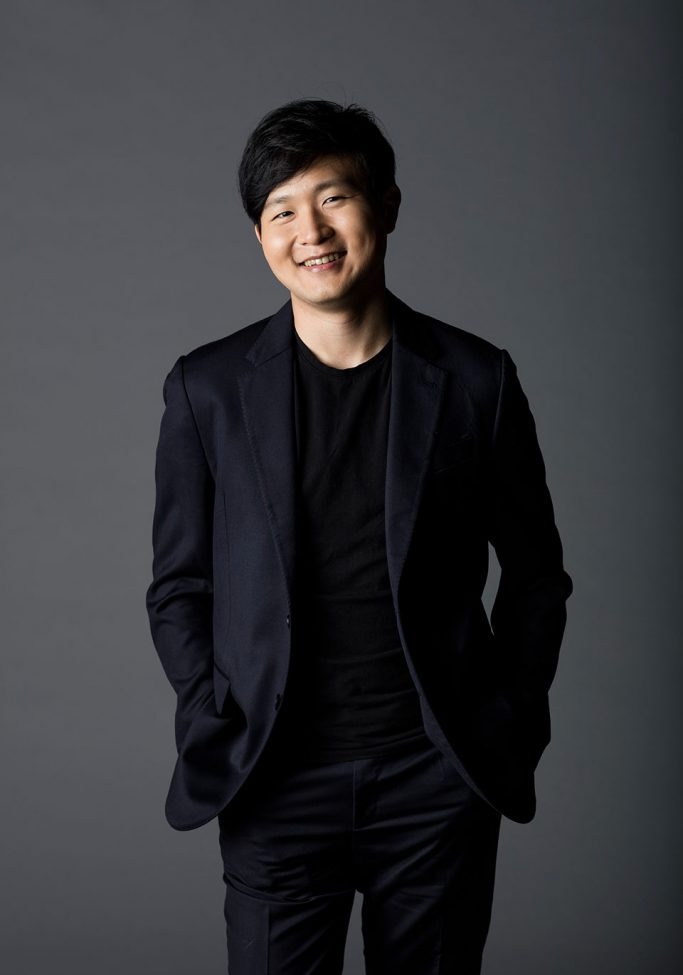Rachmaninoff fares best in uneven outing from Cliburn winner Yekwon
Those gold medalists just keep on coming.
Last week at Carnegie Hall, it was the reigning champions of the Van Cliburn Competition and the International Violin Competition of Indianapolis in recital on successive nights. Friday night in Carnegie’s Zankel Hall, the immediate past winner of the Cliburn, pianist Sunwoo Yekwon, took his turn, in a program of the two Schumanns, Chopin and Rachmaninoff.
To begin, the pianist elected to dispense with preliminaries and go straight to the program’s big artistic statement, Robert Schumann’s Fantasy in C major, Op. 17—one of the greatest, and at the same time most elusive, of Romantic piano masterpieces.
The well-paced performance of the volatile first movement, tender and fiery by turns, suffered from a limited tonal palette. The piece’s forte opening sounded hard and brittle, and the soft passages didn’t project well into the room. It’s hard to project colors of emotion when loud and soft are all one has to work with.
The triumphant march movement found Yekwon in competition-winner form, laying out the tune broadly, timing the hesitant trio well, and accelerating into the coda’s notorious blind leaps with supreme confidence.
In the finale, the lovesick Schumann oscillates between desolation and hope, an emotional tightrope act that is this work’s greatest challenge to performers. Yekwon’s performance was finely phrased and voiced, with some real singing tone at last, but in the end it sounded more like an interpretation of notes on the page than a descent into a psychological state.
The audience, which was savvy enough to refrain from applauding at the march’s big finish, responded to the pianist’s performance of this epic work with only polite applause.
A perhaps more manageable challenge awaited, Chopin’s Barcarolle in F-sharp major, Op. 60. Even here, mood and atmosphere are the key to success in a complex composition. Without a richer tonal range, Yekwon’s skillful negotiation of the gondolier’s song amid the sweep of the oar and the swirl of eddies was not quite enough to evoke the warm Venetian night and the music’s erotic charge.
In any case, the Chopin was welcome as a buffer between an era-defining masterpiece by Robert Schumann and a far more modest composition by his wife Clara. Without a lifetime’s worth of other interpretations ringing in one’s ears, one could sit back and appreciate Yekwon’s sensitive presentation of Clara’s Variations on a Theme by Robert Schumann, Op. 20.
Clara was a famous pianist and an imaginative composer for her instrument, bypassing the virtuoso pyrotechnics of her era in favor of colorful figurations and effects. Her variations on Robert’s somewhat sad descending tune didn’t transform it in the manner of their friend Brahms, but repeated it in ever more novel settings and harmonies. It was a pleasure to spend 12 minutes or so in her company.
In the piano competition world, it seems Rachmaninoff is the key to gold medals. Yekwon’s performance of that composer’s Sonata No. 2 is remembered as a highlight of his triumph in the 2017 Cliburn, and on Friday he gave listeners another taste with the six Moments Musicaux, Op. 16.
Rachmaninoff evidently sequenced these pieces to perform as a set, although Yekwon’s small tonal palette limited how much contrast he could create between them. One wished for more round-sounding fortes and more lucid pianissimos, but the pianist excelled in fast leggiero passages and, most importantly from a gold-medal point of view, the Niagaras of notes that are a Rachmaninoff signature roared supreme.
Repeated callbacks to the stage yielded two encores, which, as often happens, sounded more relaxed and spontaneous than the scheduled program. Liszt’s arrangement of Robert Schumann’s song “Widmung” swelled from tender cantabile to rhapsodic fortissimo, and Debussy’s “Clair de lune” cast a spell in ways not heard earlier in the evening.
